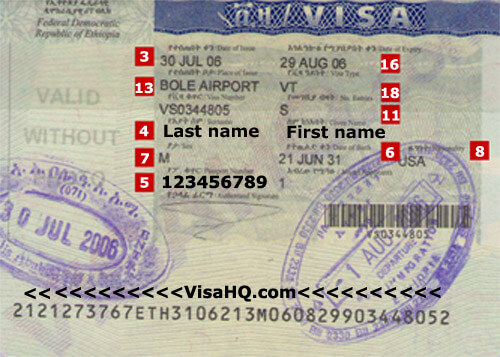Ethiopia Embassy list in North Korea
Need help?Chat with us
Why Trip Registration at the Ethiopia Embassy is Important
Registering your trip with the Ethiopia embassy is an essential precaution for travelers. In the event of emergencies such as natural disasters, political unrest, or medical emergencies, registered travelers can receive vital assistance. For instance, during unexpected situations like earthquakes or severe weather, the embassy can quickly disseminate information regarding safety protocols or evacuation measures.
Additionally, if unrest occurs—a protest escalating into violence, for example—the embassy can provide localized updates and guidance to ensure the safety of Ethiopian nationals. In the case of medical emergencies, registration can facilitate quicker communication between travelers and their families back home, allowing for timely interventions. Overall, trip registration enhances safety, ensures effective communication, and provides critical support during crises, making it a valuable step in travel preparation.
Ethiopia Embassy FAQs
Can the Ethiopia embassy assist in legal issues abroad? Yes, the embassy can provide information and support regarding legal issues, including referrals to local legal representation.
What should I do if I lose my Ethiopia passport in Korea, Democratic People’s Republic of? You should report the loss to the embassy immediately. They can assist you in applying for a replacement passport.
How can I contact the embassy in an emergency? You can find the emergency contact number on the embassy’s official website, which is available 24⁄7 for urgent matters.
Does the embassy provide notary services? Yes, the embassy offers notarial services for documents that may require validation.
What assistance is available for Ethiopians facing detention in Korea? The embassy can provide legal assistance, support communication with family, and ensure that detainees are treated fairly under local law.
Services Provided by Ethiopia Embassies in Korea, Democratic People’s Republic of
Passport Services
- Issuance of new passports
- Renewal of existing passports
- Replacement for lost passports
Visa Issuance for Foreign Nationals
- Processing visa applications for foreign nationals wishing to travel to Ethiopia
Assistance in Legal or Medical Emergencies
- Guidance and support during legal challenges
- Assistance in locating medical care
Travel Alerts and Safety Updates
- Providing information on local safety, travel alerts, and advisories
Support for Nationals Detained Abroad
- Assistance and advocacy for Ethiopians facing legal issues or detention
Summarized Diplomatic Presence
Ethiopia maintains a diplomatic presence in the Korea, Democratic People’s Republic of, including an embassy. The primary functions of the embassy include promoting bilateral relations, facilitating trade and cultural exchanges, and providing consular services to Ethiopian nationals. The embassy plays a crucial role in maintaining diplomatic ties by fostering mutual understanding and cooperation between Ethiopia and Korea. Located in [specific city], the embassy is pivotal in addressing the needs of Ethiopians abroad, ensuring their welfare, and reinforcing Ethiopia’s international presence.
